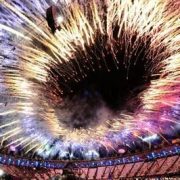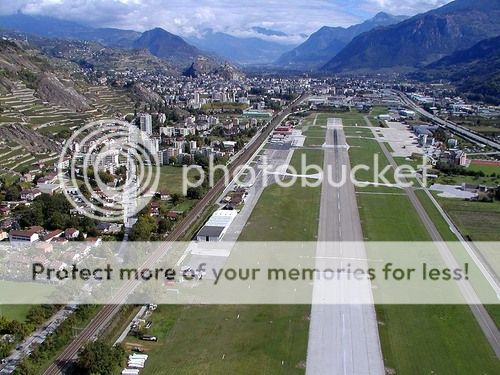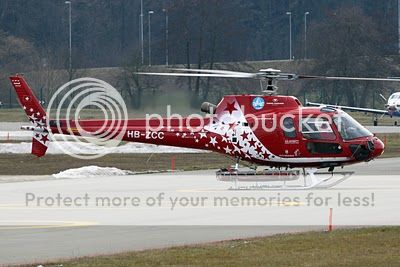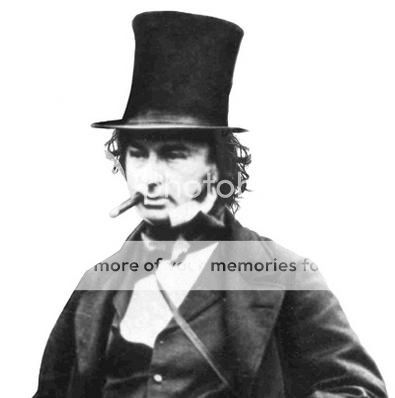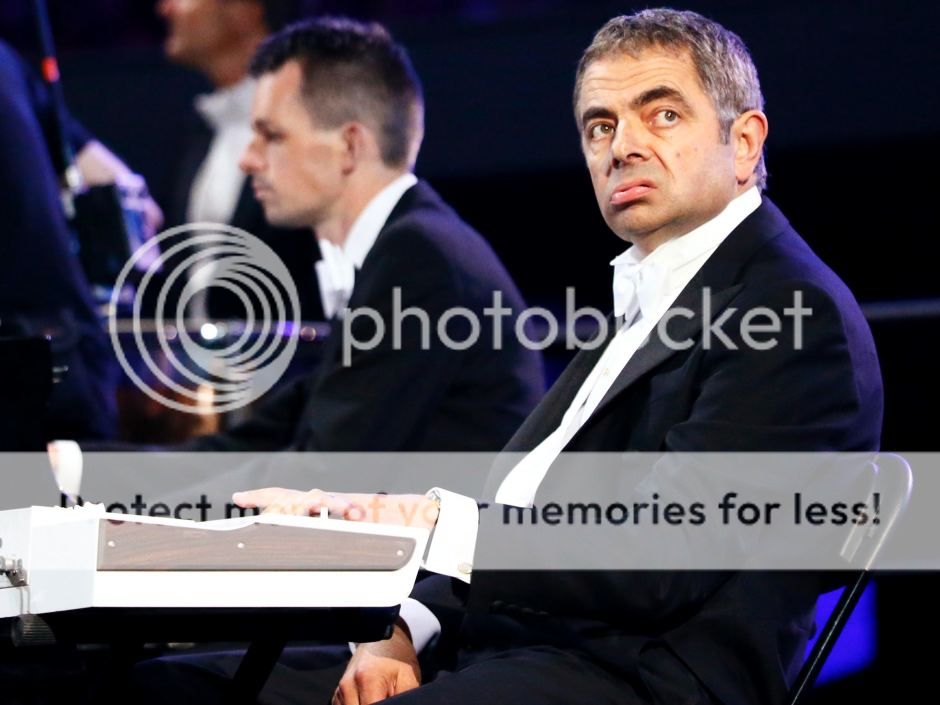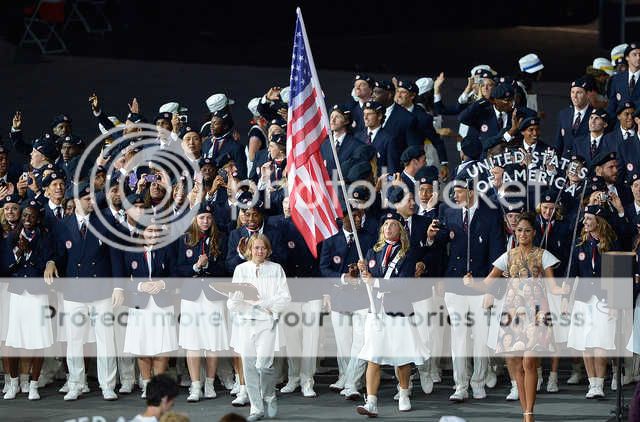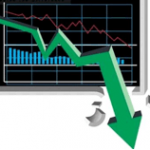Report From the Olympics
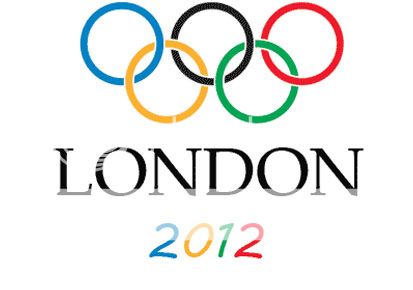 It was an unexpected call. A close friend who ran one of the world?s largest hedge funds said he had two tickets to the London Olympics opening ceremony on Friday night. Would I like to have them? I said he must be kidding.
It was an unexpected call. A close friend who ran one of the world?s largest hedge funds said he had two tickets to the London Olympics opening ceremony on Friday night. Would I like to have them? I said he must be kidding.
I knew from my own research that these tickets were the most sought after in the world and were going for $20,000 each on the black market. Forgeries abounded. Besides, I was high in the Swiss Alps at Zermatt, and every flight going into London for weeks was booked. How was I supposed to get there?
No problem, he said. He would send his private Gulfstream G5 to pick me up. I answered that I was planning an assault on the Breithorn on Sunday, and that the guides had already been booked and the equipment rented. No worry, he would have the jet on standby in London until I was ready to return.
I said he was out of his mind. The day he was proposing would cost at least $100,000. He replied that he made over a billion dollars on my Swiss franc trade last year and it was the least he could do to say thanks. I said OK, but only if I could fly in the right hand copilot?s seat. ?Done,? he shot back.
I set to work immediately obtaining the necessary flight clearances. The nearby Swiss Air Force base at Sion was easy. But getting permission to land at Luton, just 45 minutes from the Olympics east London venue, was a little trickier. The British were unusually touchy about allowing private aircraft near the games, and my civilian inquiries hit a dead end.
Sion Airport
But after a few well-placed calls to the Pentagon it was settled. Looks like I owe the US Air Force Staff College a free lecture. I checked the NATO meteorological website, and miraculously, it looked like a cold front was veering to the right, and would just miss the Olympic site.
After my Zermatt strategy seminar, I literally ran to the heliport next to the Banhoff. In minutes, we were revving up the engines, and tore down the valley to Sion, an almost instantaneous free fall of 4,000 feet. The route the train covers in 80 minutes we did in ten. As soon as the chopper landed next to the G5 I hopped in with an overnight bag and we taxied for takeoff. At full power, we covered the route via Frankfurt and Paris in just 2 hours.
At Luton, a black Daimler limonene was waiting for me. I held my breath as the driver expertly negotiated the back roads to Stratford, hoping he wouldn?t get tied up in an immense traffic jam. Finally, a mile from the stadium we hit a wall of unmoving cars.
I jumped out and started briskly walking, carrying every form of ID I had, expecting to get challenged at every point. I was armed with a giant full page Olympic ticket with my photo that hung around my neck, a passport, my Department of Defense DD 214, a US commercial pilots license, a membership to the Surrey Rifle Association, and my old Scoutmaster?s card from a Boy Scout troop in west London. I made it just in time.
The atmosphere was absolutely electric, with everyone on a high. Try to imagine the excitement of the Super Bowl, the World Series, and the World Cup combined, and you might have an inkling of the emotions. Just getting here was a major achievement for all in attendance. The sound system was so loud that it reverberated straight through your body.
I sat in a high security VIP area about 100 feet from where Queen Elizabeth II sat surrounded by security men. No one can top the Queen on Olympic credentials. She opened the 1976 Montreal games herself.? Her father, King George VI, opened the 1948 London games. Her grandfather, King Edward VII, did the same for the 1908 games. I never believed for a second that she arrived by parachute with James Bond. Her husband, Prince Phillip, the Duke of Edinburgh, has origins that lie with the Greek royal family. Presidential hopeful, Mitt Romney, was not far away, sitting close to Bill Gates and Sir Richard Branson.
The ceremony opened with a medieval pastoral scene of farms, animals, and maypoles, even though most of the British lost their connection to the land ages ago. The London Symphony Orchestra tastefully opened with Elgar?s Nimrod. I quickly became the historical interpreter for the guests who surrounded me, as few could identify the significance of the Isambard K. Brunel figure played by Kenneth Branagh, the builder of Paddington Station and the first iron ship, the SS Great Britain.
Isambard K. Brunel
The rise of the industrial revolution was truly impressive, with its towering smokestacks, and the costs to the people and the land were clear. This was climaxed by the symbolic forging of the Olympic rings of steel. The smoke gave off the genuine stench of a steel mill.
After that there was so much going on in the arena, it was hard to keep track of it all. It was also a challenge to integrate the story line that played out on the big screen with the live action in front of you, and we all struggled to keep up. Unless you were an authority on English history, it was easy to lose track of what was going on.
I?m not sure many understood the significance of Emily Pankhurst and the suffragettes, the red poppies of WWI, and the blitz of WWII. Then 200 beds on wheels with nurses suddenly appeared as a tribute to the National Heath System created in 1948. After our recent Supreme Court decision on Obamacare, I wonder if we will do the same someday.
Rowan Atkinson was brilliant as the bogus member of the orchestra.? When 50 Mary Poppins holding umbrellas descended from the sky, I was afraid the whole thing would degenerate into a clutch of British clich?s. But then Paul McCartney played Hey Jude and we all nearly lost it.
The parade of the teams certainly challenged one?s knowledge of national flags. We took pictures of them and they took pictures of us. By the lime Lesotho appeared, I was starting to fade, so I told my neighbors to wake me up when the United States appeared. When they did, they looked glorious in their Chinese made Ralph Lauren designed blue blazers and berets.
Of course, the big suspense was over whom would light the Olympic flame. As a former marathon runner, I was hoping for Roger Bannister, who broke the four- minute mile in 1954. Then we were teased into thinking it would be soccer great David Beckham, who grew up nearby and arrived with the torch in a giant, glowing, powerboat. In the end, we saw seven British Olympic greats handing off torches to seven unknown kids to symbolize the passing of the generations. Finally, fireworks went off to the sound of Pink Floyd. How cool is that?
Only through the miracle of cell phones, Mapquest, and GPS was I able to find my forlorn limo driver. By the time I was dropped off at a friend?s house at Hampstead Heath, it was 4:00 AM. I heard it took three hours for Britain?s high-speed rail system to empty the 80,000 spectators from the stadium.
My return to Switzerland was considerably less dramatic. When the G5 landed back at Sion the next day, I took a taxi to the train station and caught a train up the mountain to Zermatt. En route, my friend called me and asked what my big trade for 2012 would be. I said I?d get back to him, but with a presidential election, a continuing European crisis, and a fiscal cliff ahead of us, I had great hopes. I got back to my chalet just in tine to turn on the TV and watch Michael Phelps blow the 400-meter individual medley.
The day checked another item off my bucket list, allowing me to give thanks for my life. And I?m now on my forth bucket list. Sorry, no financial stuff today. The surprise day at the Olympics blew a 24-hour hole in my work schedule, and I?m getting up at 5:00 a.m. tomorrow morning to climb the Breithorn.
Given the choice of bagging another 14,000-foot Alpine peak and publishing the 1,400th Diary of a Mad Hedge Fund Trader, I?ll settle for the altitude. You?ll just have to settle for the two Trade Alerts I sent out Thursday to sell short Treasury bonds and the yen, which I?m happy to report turned immediately profitable.

